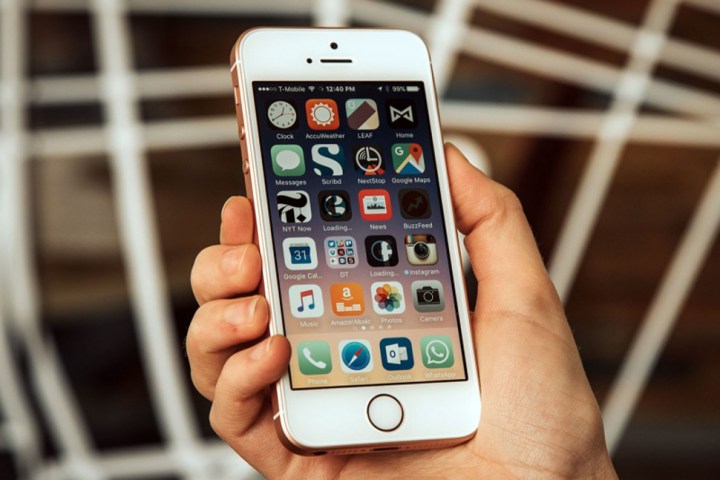
The rumor comes from Japan’s Nikkei newspaper, which also says Apple will only make incremental updates to the highly anticipated iPhone 7 this year. We can’t verify this report, so take this information with a grain of salt. Apple did not immediately respond for comment.
Nikkei’s report says we can expect to see minor changes to the rumored iPhone 7 this fall, such as “improved camera quality,” better water resistance, and a higher battery capacity. The headphone jack will likely be removed, and Nikkei mentions a possible “high-end” version of the device, which can offer alternative photo capabilities.
Slowing major updates to the iPhone to three years would allow Apple to research more and add major enhancements and design changes, such as an OLED display in the 2017 model. A high-performance motor could also improve 3D-Touch capabilities.
The company saw its first year-over-year revenue decline in 13 years — since the launch of the first iPhone, and the drop can be blamed on falling sales of Apple’s premier product. The Cupertino company shipped 51.2 million iPhones in the second quarter of this year, which is down 16 percent from the 61.2 million it shipped in the same period last year.
Apple typically launches minor iPhone updates in between these flagship devices — for example, this year we saw the iPhone SE, a 4-inch variant of the iPhone 6S.
It’s unclear if we’ll see a minor iPhone upgrade each year during the three-year cycle, but the rumored move would drastically impact suppliers in Asia, as many rely on Apple’s two-year cycle. It could also trigger a change from most other device manufacturers, which might follow suit in releasing fewer devices a year.


